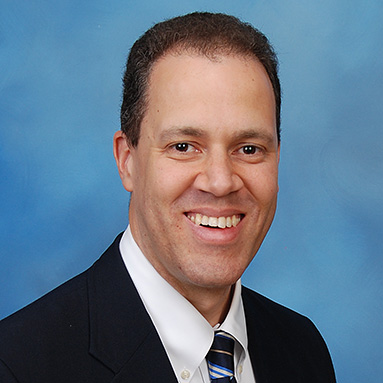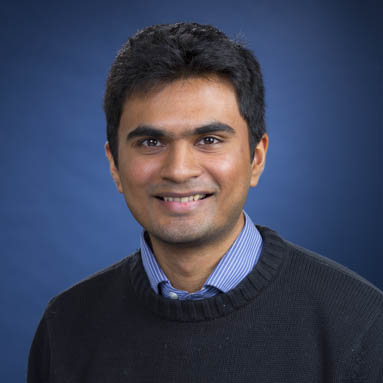PhD in Materials Science & Engineering
In WPI’s PhD in Materials Science & Engineering program, you’ll conduct original research on the relationships between the structure, properties, processing, and performance of various materials. Whether you want to create a safer battery or a hip replacement joint that won’t degrade, you can do that here.
Choosing to study at WPI will give you access to our expert faculty and the extensive hands-on opportunities to understand the scientific principles behind materials like metals, polymers, ceramics, and composites and then test how the materials’ structures change and perform under varying conditions.
You may work within our industry-supported centers to focus on areas including metal castings, heat treating, and recycling, and have access to the research-focused Metals Processing Institute. Research here emphasizes designing and developing materials solutions to meet the needs of many industries—from biomedical to batteries.

Curriculum
The PhD program is adaptable and individualized so you can develop a plan that meets the degree requirements but that matches your interests and will advance your professional goals. In our program, you’ll produce original research under the guidance of faculty advisors. Your work will offer something new to the field and help solidify your emerging industry reputation as you complete a dissertation proposal, presentation, and defense.
Lighter Metals, Greener Vehicles
Your research is grounded in a well-funded, collaborative, supportive, and innovative department. Our labs and facilities give you state-of-the-art equipment, and you’ll work alongside our world-class faculty to forge breakthroughs in how materials can meet the changing demands of an increasingly technologically complex world.
Research through the Metal Processing Institute includes three centers that support precompetitive fundamental research, large-scale federally funded government projects, and proprietary research for MPI members.
Recent research:
- Aluminum composites for automotive applications
- A machine-learning approach to modeling the laser-assisted cold spray process
- Fabrication of Si/Graphene Anode composite for lithium ion batteries
- Nano-strength testing of additive manufactured parts using atomic force microscopy
- Application of computational thermodynamics and kinetics to rare earth reduction in magnesium alloys
- Developing new heat treating or casting processes

Whether you want to develop new materials, discover a novel way to use something already in existence, or find out how to best recycle the materials we use every day, the resources here will advance your research.

Materials science engineering naturally lends itself to a multidisciplinary approach. A curriculum that blends essential elements of science and engineering skills means graduates of the program are sought after by employers.

With broad knowledge and targeted research experience, materials science engineers find careers in academia, government, business, and industry.
Faculty Profiles






Have questions?
WPI's dedicated graduate student support team can help.
Refer a Friend
Do you have a friend, colleague, or family member who might be interested in a WPI graduate program? Click below to tell them about our programs.